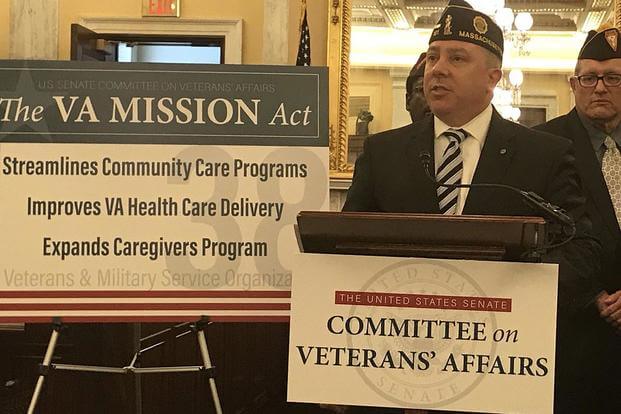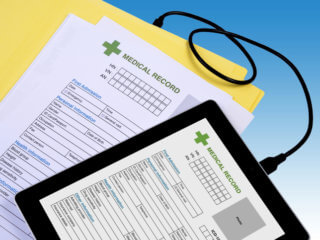US Senate passes VA Mission Act to facilitate health data exchange
The US Senate has passed a bill to improve upon the facilities of sharing health-related information between the Department of Veteran Affairs and the healthcare providers.
The US Senate recently passed the VA Maintaining Internal Systems and Strengthening Integrated Outside Networks (MISSION) Act, 2018. The bill’s focal point is to create a better system of data exchange between the VA and the private healthcare sector. It was passed with a voting ratio of 92 by 5. It aims at resolving a number of problems faced by the Department of VA vis-à-vis the health sector. It is likely to bring in great developments in the health-related functioning of the department. The bill is estimated at a budget of $55 billion for five years.
Quality healthcare for every veteran
As a major boost to the veterans’ healthcare system, the VA Mission Act has gathered great feedback already. In its comments on the bill, the American Medical Association commended this positive action of the Congress. It said that this bill will fulfil every veteran’s right to quality healthcare facilities. The bill is expected to bring about a better framework into operation for the department’s medical system.
The VA Mission Act will enable an improved structure for the exchange of data between the VA department and the private sector organizations. It will, consequently, help in refining the healthcare facilities provided to the veterans. Another important objective of the bill is to establish a process for data exchange.
The private healthcare providers will then have complete records of the patients’ medical histories. This information can significantly improve the treatment services.
According to the legislation, it is mandatory for all medical institutions involved provide the VA Department with all records related to the patients. This will include a complete set of prescriptions, progress tracking reports, medical certificates, and more.
IT support
The bill will also feature support from the eHealth Exchange network. It will keep the government updated about the health data, directing the federal policies. The IT interoperability will, therefore, enhance the exchange the information between the providers and the VA alongside helping the government’s monitoring of the same.
The bill endeavours to simplify the veterans’ access to healthcare facilities. For all these years, the veterans have faced difficulties in travelling and movement only to receive good medical services. All the lack of flexibilities in the medical laws will finally come to an end with this bill. Their geographic immobility has also been an obstruction in the healthcare system. With this bill, the government expects to bring an end to all such difficulties. This bill will break down all barriers in health services for the veterans, making these facilities more accessible than ever. The veterans will no longer have to travel long distances to receive treatment.
Under this bill, the VA Department will report to the government regarding its functioning after every 6 months.
The yardsticks of the bill’s operation include the private provider’s performance, the contentment level of the patient, the average wait time, the sum of patients treated per day, and more.
The report is to be made as per these determinants. The government will then evaluate the performance and make modifications accordingly.
This bill is in line with FDA’s medical device safety action plan. The plan aims at correcting the cybersecurity concerns related to the medical sector. Both these policies will collectively work towards enhancing the face of healthcare in the US.
Image credit: www.military.com

















